 |
| June 05, 2020 |
Dear Reader,
We've learned an incredible amount about COVID-19 these last few months. But we're still struggling to answer what may seem like the most pressing question of all: how deadly is it? An emergency physician gives his take in our lead story. Here's what else you can read about in today's roundup: - Participants of #BlackBirdersWeek highlighted the joy they take in nature, the scientific work they do, the racism they have experienced, and the reasons why these spaces need to be more diverse and inclusive.
- Cicadas get a bad rap. The insects don't cause much annoyance other than their shrill singing and the crunchy husks they leave behind when they molt. And their emergence is really an amazing biological phenomenon.
- Communities of color will have fewer ways to protect themselves from pollution and climate change under President Trump's decision to curtail environmental reviews for infrastructure projects.
|
| | Sunya Bhutta, Senior Editor, Audience Engagement
@sunyaaa | |
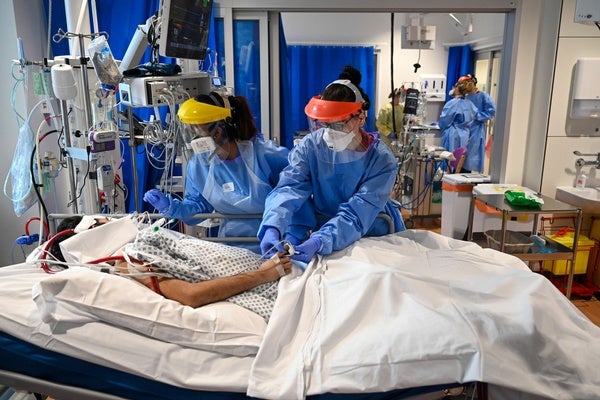 |
| Public Health So How Deadly Is COVID-19? We still don't know, and it doesn't really matter right now; it's plenty deadly By Clayton M. Dalton | |
| |
| |
| |
| |
| |
| |
FROM THE STORE
 | | | |
| |
FROM THE ARCHIVE
 | | | |
| QUOTE OF THE DAY
 "For far too long, black people in the U.S. have been shown that outdoor exploration activities such as birding are not for us--whether it be because of the way the media chooses to present who is the 'outdoorsy' type or the racism experienced by black people when we do explore the outdoors...Well, we've decided to change that narrative." Corina Newsome, birder and graduate student at Georgia Southern University | |
LATEST ISSUES
 |
| |
| Questions? Comments?  | |
| Download the Scientific American App |
| |
| |



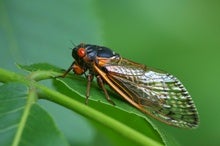




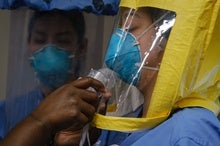
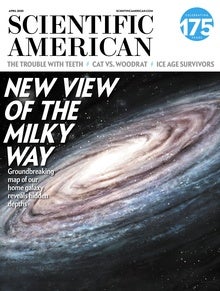


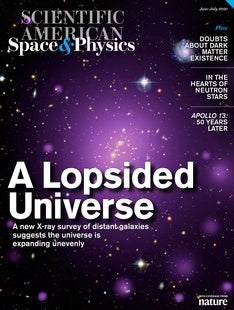

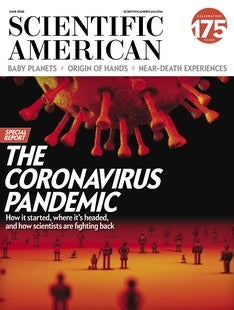
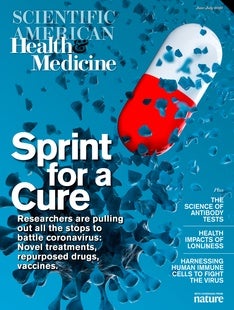
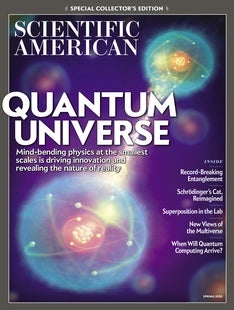



Comments
Post a Comment